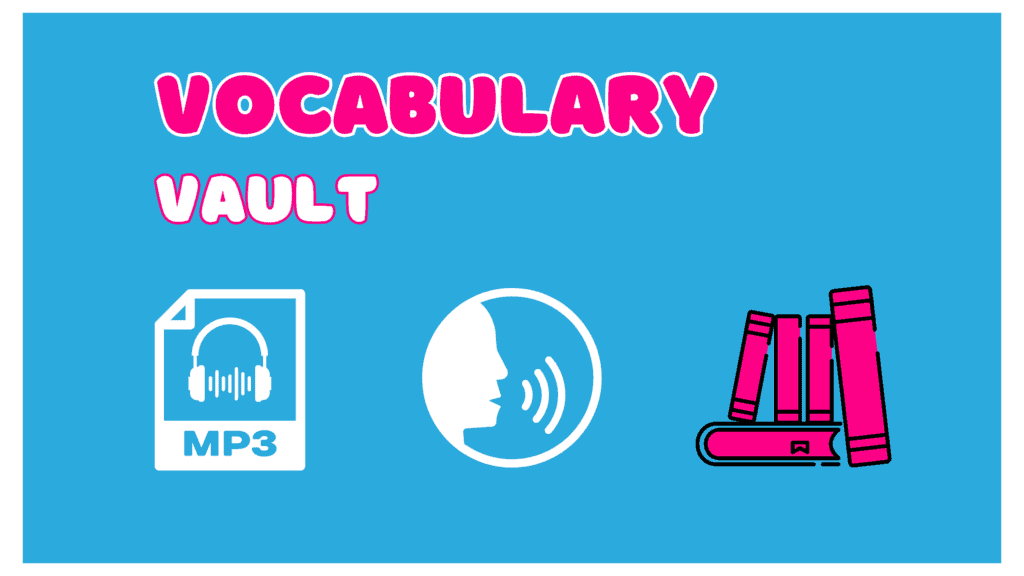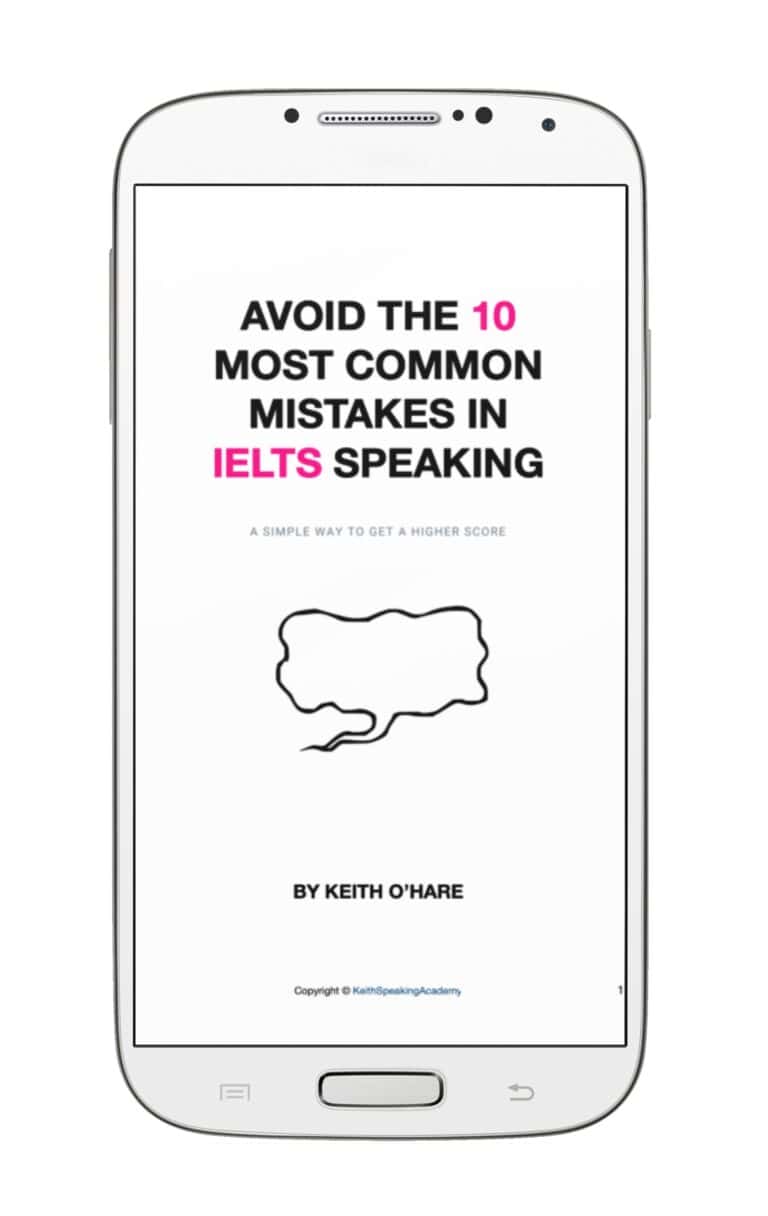IELTS Speaking Lesson about History
👇 Take this lesson with you! 👇
The topic of History in IELTS Speaking is quite tricky and may need quite a lot of less common vocabulary.
This free IELTS Speaking lesson will give you exactly the language and idioms you need to talk fluently on the topic of history in the IELTS Speaking test.
Table of Contents
IELTS Speaking vocabulary: History
Here is some useful vocabulary to talk confidently on the IELTS Speaking topic of History
“History is written by the victors”
– Winston Churchill
The topic of History, is one of those topics that many adults may not have studied since school. So when it comes up in IELTS Speaking, some students get nervous. It’s like the topics of Art, Maths, Science and other school subjects.
However, remember, you do not need to be an expert in the subject. You just need a few ideas and good enough English to express those ideas.
Here are some expressions to talk about whether you like the topic of history or not.
I am into history
I am a history buff (=I like it)
I don’t really like history
I am not overly interested in history
History is not my thing
History is not really my cup of tea
Some useful words from the ‘History’ word family are:
- History (n.)
- Historic (adj.)
- Historical (adj.)
- Historian (person)
- Historically (adv.)
Many students confuse ‘historic’ and ‘historical’. Here is the difference:
Historic (adj.) = important and famous
Historical (adj.) = related to a period in history
You can see the difference in the 2 sentences below:
- When Charlotte Worthington won the BMX Olympic gold it was a historic /
historicalmoment. - We can use this
historic/ historical map to help us explore the city.
IELTS Speaking: Periods in history
There are 4 main periods in history. It is most likely in IELTS Speaking that you will talk about number 2, 3 or 4, but probably not number 1.
- Pre-history (before 3000 BC). We use archaeology to look at prehistory.
- Ancient history (3000 BC to 500 AD). This is since writing began.
https://simple.wikipedia.org/wiki/Ancient_history
- Post-classical history (The Middle Ages: 500 AD – 1500 AD)
- Modern history (1600 AD onwards, post Age of Reason / Age of Enlightenment)
If you want to find out some interesting events to talk about, it can be useful to explore a Timeline like the one below:
Amazing Timelines of History
https://www.wdl.org/en/sets/world-history/timeline/#1
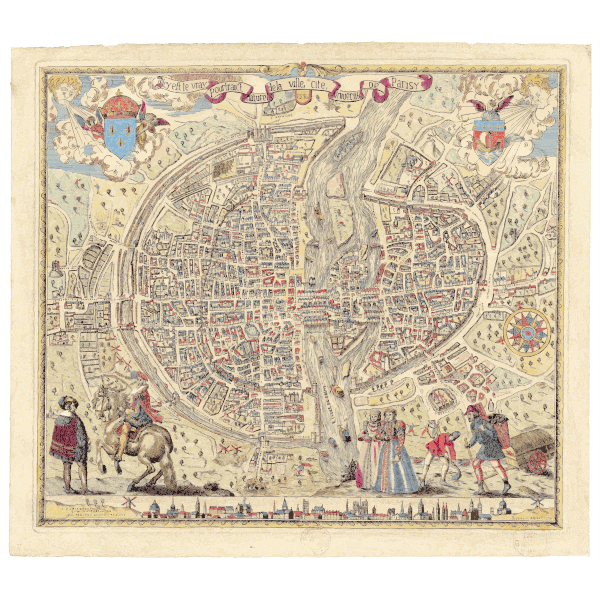
IELTS discussion: Historical events
Unfortunately, most historic events will leave you a bit depressed, as they tend to involve death.
Take a look at some recent historic events on Google and you will see the following:
- Wars
- Assassinations (= murder of a famous person)
- Revolutions
- Crises
Get some ideas of Historic Events here:
https://artsandculture.google.com/category/event?tab=pop
However, the important thing is to be able to talk about these in English. Here are some useful phrases:
It took place in 1892
It goes back a long time…it happened in _____
It happened at the start of the century
It happened at the turn of the century
It dates back to 1917
It dates back to the last century
What happened was _____ (add an explanation of what happened in the event)
IELTS Speaking Tip: Don’t worry if you forget the date of something, Sometimes, it’s better not to give exact dates because if you do, it may sound like you have memorise the whole answer. You can use an expression like this:
I don’t remember the exact date, but it was at the turn of the last century.
The turn of the last century = the start of the last century
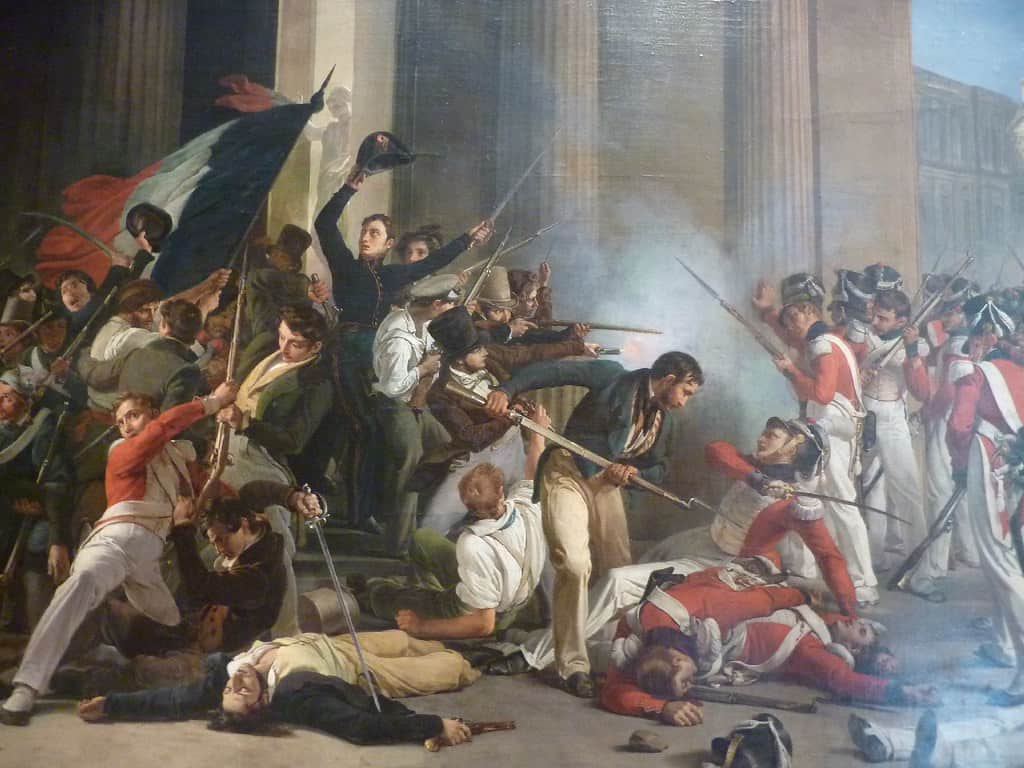
Hypothesising / Imagining Changes in History
Talking about how history might have been different, can also be a good opportunity to show off your control of grammar.
You can use the 3rd conditional here in 2 ways.
- Talk about a consequence in the past.
Imagine I talk about an event hundreds of years ago. For example, there was a man, Guy Fawkes, who tried to blow up the Houses of Parliament in Britain, but he failed!
I can imagine if history were different, saying:
If he had succeeded, he would have changed the course of history
2. Talk about a consequence in the present.
If he had succeeded, Britain would be very different today.
IELTS discussion: Influential historical people
Here are some useful phrases to describe the influence people have:
- He was very influential
- He had a lot of sway (informal)
- He carried a lot of weight (informal)
- He had a lot of authority
- He left his mark on society (= he had an impact)
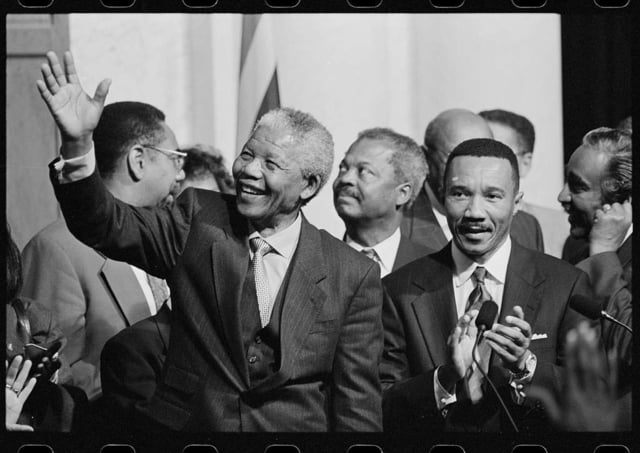
IELTS Speaking idioms about history
This will go down in history (=to become famous; e.g. an event or a person)
He will go down in history as one of the best presidents in America.
This will make history
Yesterday’s final of the World Cup was amazing; it will make history
He is history! = He is finished (end of their career)
After that scandal, the president is history.
If I could put the clock back, I would do things differently.
Many moons ago = a long time ago
I visited Paris many moons ago.
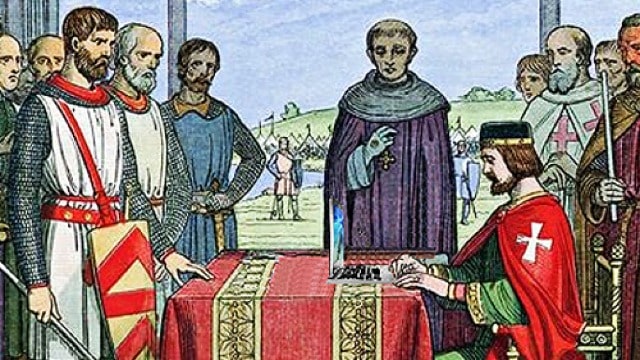
Pronunciation Files For Vocabulary From My Best Live Lessons
Use Words EASILY in English Conversations!
More Free Lessons
If you liked this lesson, leave a comment below!
There are more lessons you can follow in the links below too.
PERSONAL FINANCE in IELTS Speaking. Idioms and vocabulary to learn how to manage your personal finance, earning, and saving money.
NEWS in IELTS Speaking. Learn vocabulary of national, international and personal news, as well as tips on IELTS Speaking Part 2.
TV SERIES in IELTS Speaking. Vocabulary you need to describe different kinds of Television Series.

